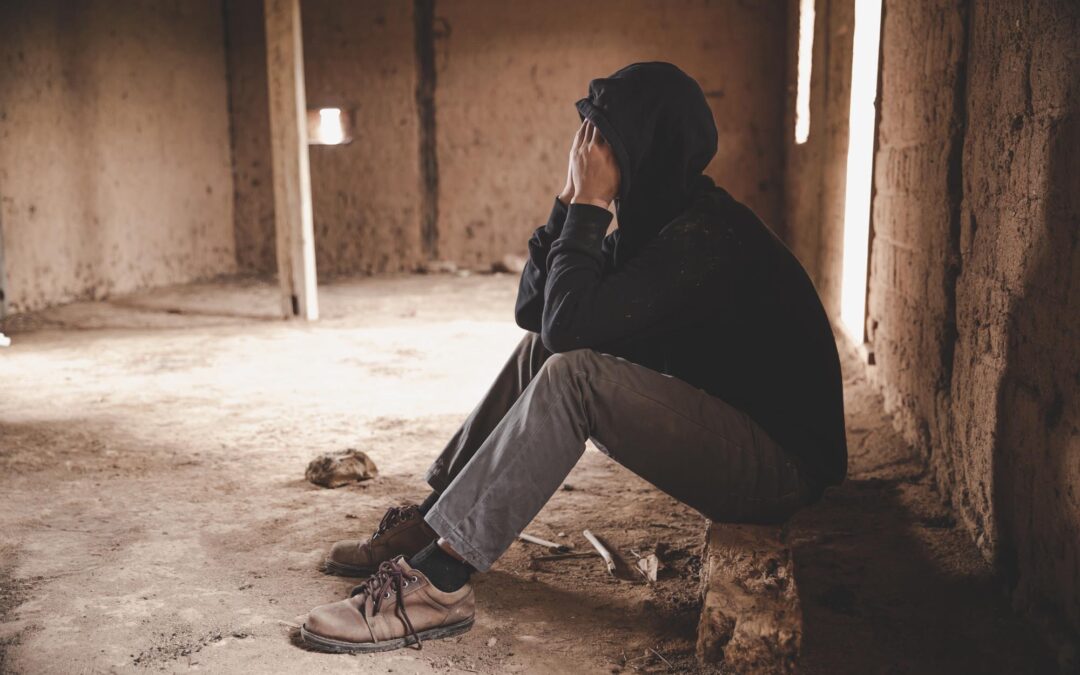Breaking the Stigma
Breaking the Stigma: Mental Health and Addiction Recovery
The stigma surrounding mental health and addiction persists as a significant societal challenge. Despite efforts to increase awareness and promote understanding, negative stereotypes and misconceptions about mental health and addiction remain deeply rooted in our systems. This mentality leads to discrimination, marginalization, and barriers for those who need care and support. It affects not only recovering individuals but also their families, communities, and society as a whole. By remaining silent, we are perpetuating a cycle of shame and suffering. Addressing and dismantling this stigma requires collective action, advocacy, education, and a commitment to empathy, acceptance, and support for those struggling with mental health challenges and addiction.
This month, we want to focus on understanding and supporting mental health and addiction recovery. By exploring how societal views impact recovery we can highlight the importance of breaking the stigma surrounding mental health and addiction.
Understanding the Stigma
Stigma encompasses the negative attitudes, beliefs, and stereotypes society harbors toward certain individuals or groups. This can manifest in various forms such as discrimination, shame, and fear of judgment, particularly in the context of mental health and addiction. These societal biases can create barriers that leave those grappling with mental health challenges or addiction.
The stigma surrounding mental health and addiction can hinder a person’s recovery in several ways:
Fear of Judgment: Individuals may fear being judged by others if they disclose their struggles with mental health or addiction. This fear can prevent them from seeking help or opening up about their experiences, leading to isolation and reluctance to engage in treatment.
Internalized Shame: Stigma can lead to feelings of shame and self-blame, which can undermine a person’s sense of self-worth and hinder their motivation to pursue recovery. Internalized stigma may also contribute to low self-esteem and feelings of hopelessness.
Barriers to Treatment: Stigma can create barriers to accessing treatment and support services. Individuals may avoid seeking help due to concerns about being labeled or discriminated against, leading to delays in receiving essential care and support.
Social Isolation: Stigma can result in social isolation and ostracization from friends, family, and community members. This lack of social support can exacerbate feelings of loneliness and increase the risk of relapse.
Limited Opportunities: Stigma may impact a person’s ability to secure employment, housing, or other opportunities, further exacerbating financial stress and barriers to recovery. Discrimination based on mental health or addiction history can lead to systemic inequalities and reduce access to resources and support networks.
Undermined Confidence: Constant exposure to stigmatizing attitudes and beliefs can undermine a person’s confidence in their ability to recover and lead a fulfilling life. This lack of confidence may contribute to feelings of powerlessness and defeatism, making it more challenging to maintain motivation and resilience in the face of adversity.
Overall, addressing the stigma surrounding mental health and addiction is essential for creating a supportive environment that promotes recovery.
Creating a Supportive Environment
Breaking the stigma surrounding mental health and addiction is done by creating a supportive environment where individuals feel safe and empowered to seek help and pursue recovery.
Here are some ways we can challenge stigma and promote a culture of acceptance and understanding:
- Education and Awareness: Providing accurate information about mental health and addiction through education campaigns, workshops, and community events helps dispel myths and misconceptions. Increased awareness fosters understanding, empathy, and compassion towards individuals struggling with these issues.
- Language Matters: Encouraging the use of non-stigmatizing language and avoiding derogatory terms or labels helps create a more inclusive and respectful discourse. Language shapes perceptions and attitudes, so using person-first language that emphasizes the individual rather than their condition is crucial.
- Promote Positive Portrayals: Media plays a significant role in shaping public perceptions of mental health and addiction. Promoting accurate, balanced portrayals of individuals living with mental health conditions and addiction can challenge stereotypes and humanize their experiences.
- Normalize Conversations: Encouraging open dialogue about mental health and addiction reduces stigma by fostering understanding and empathy. Creating safe spaces for individuals to share their stories and experiences helps break down barriers and reduce feelings of shame or isolation.
- Advocate for Policy Change: Advocating for policies and legislation that promote equal access to mental health and addiction treatment, as well as protecting the rights of individuals affected by these issues, is essential. Policy changes can help reduce systemic barriers and address underlying social determinants of health.
- Support Peer-Led Initiatives: Peer-led support groups and advocacy organizations play a crucial role in challenging stigma and providing support to individuals and families affected by mental health and addiction. Supporting these initiatives amplifies the voices of lived experience and fosters solidarity within the community.
- Lead by Example: Individuals can break the stigma by sharing their own experiences openly and authentically, demonstrating that seeking help for mental health and addiction is a sign of strength, not weakness. By challenging stereotypes and showing empathy towards others, individuals can inspire positive change and create a more supportive environment for everyone.
Breaking the stigma of mental health and addiction is an ongoing process that requires collective effort, empathy, and commitment. By working together to challenge stereotypes, promote understanding, and support those affected, we can create a more inclusive and compassionate society where everyone can thrive.
Contact Advanced Addiction today to learn more about our treatment options. We are here to be a part of your recovery journey and help break the stigma with various options for therapy and other programs.
Resources for Further Reading:








